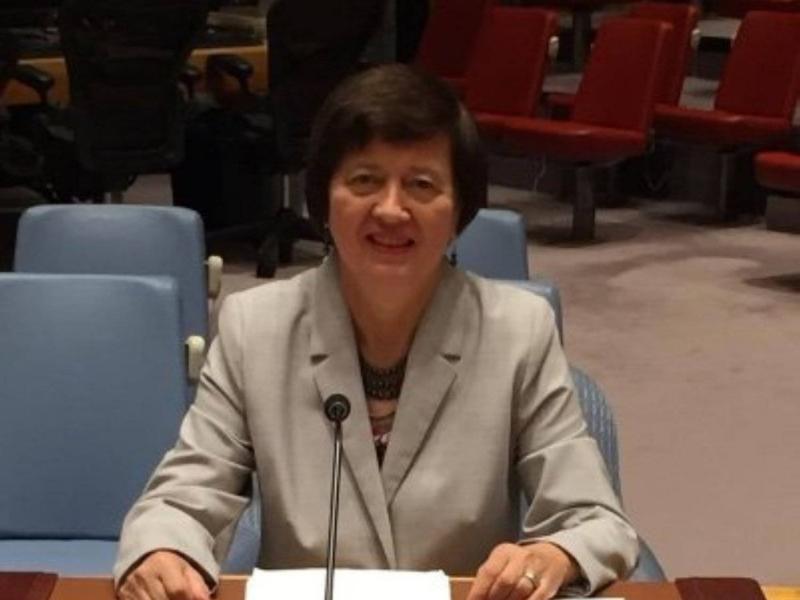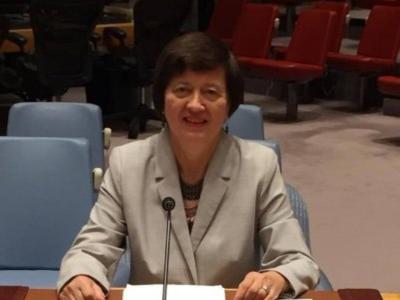On the occasion of the International Day of Peace, the United Nations Special Coordinator in Lebanon, Joanna Fronteska, called for the preservation of Lebanon as a homeland of democracy, human rights, coexistence, pluralism, and freedoms. She stated in a press release: "According to its constitution, Lebanon is a beacon for coexistence among religions. This goes beyond merely the absence of armed conflict; it relates to embedding peace in a stable society that ensures a dignified life for all its citizens, respects their rights and freedoms, and instills confidence and hope for a shared future. Achieving this vision for Lebanon requires political will and diligent work."
The statement added: "For more than four decades, the United Nations General Assembly has declared the International Day of Peace as an annual occasion to remind us of the ideals of peace. This year, this day is celebrated worldwide under a theme calling for connecting commitments with actions and pledging to adopt collective solutions to confront global risks."
Referring to recent security incidents and illegal possession of weapons in the country, the UN coordinator praised the efforts of the Lebanese Army and other security forces in maintaining security and stability, emphasizing that "sustainable security and stability require more than just security measures." She noted the "importance of adhering to the Lebanese constitution, the Taif Agreement, and Security Council resolutions concerning Lebanon, particularly Resolution 1701 (2006)."
She stated, "Under Resolution 1701, UNIFIL's efforts in coordination with the relevant parties have enabled achieving calm and security along the Blue Line since 2006, but establishing stability and lasting peace in the region requires both parties to fulfill their outstanding commitments mandated by Resolution 1701."
The Special Coordinator viewed that "the presidential vacuum, political deadlock, and the ongoing social, economic, and financial crisis are all factors undermining the ability of state institutions to perform their functions, deepening poverty and inequality, and exposing the country's stability to risk." She believed that "the increasing polarization of politics and obstinacy in positions threaten social cohesion in Lebanon and a sense of belonging among its people. Therefore, political leaders should work for national interests and seek realistic and practical solutions for a better future for their country."
As world leaders gather in New York for the seventy-eighth session of the United Nations General Assembly to renew their commitment to the Sustainable Development Goals, the Special Coordinator expressed her hope for "joint efforts in Lebanon to move forward with concrete measures to implement the urgent reforms needed, thereby accelerating progress towards achieving the Sustainable Development Goals."




